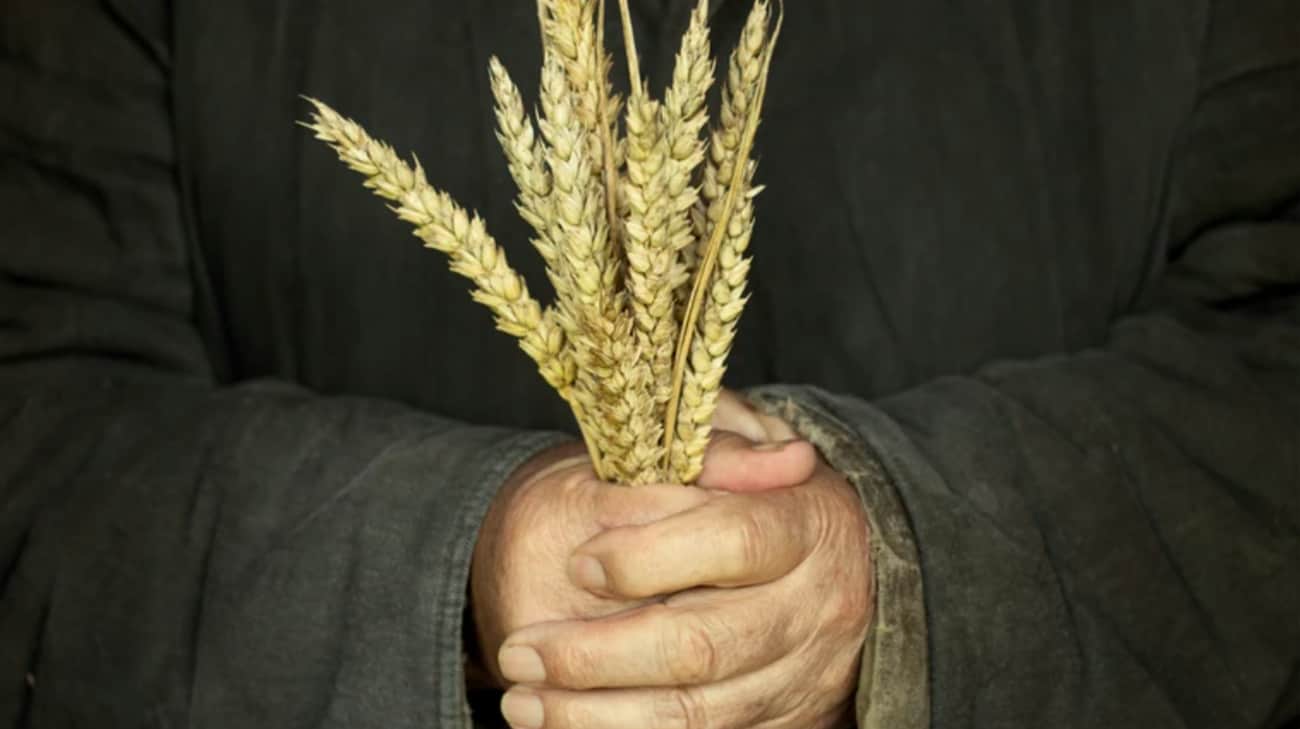How are hunger and type 2 diabetes related? Scientists study disease development among those born during Holodomor

70-year-old people who starved while in the womb were more than twice as likely to develop type 2 diabetes after the Holodomor of 1932-1933. Source: a joint study by American scientists and scientists of the National Academy of Sciences of Ukraine, published in the Science journal; MedicalXpress Details: Type 2 diabetes is a chronic disease that prevents the body from producing enough insulin or using it effectively.
Advertisement:Scientists studied more than 128,000 cases of type 2 diabetes diagnosed in 2000-2008 among more than 10.1 million men and women born between 1930 and 1938.
An average of 28,000 people per day died in Ukraine at the peak of the Holodomor in June 1933 - that is 1,167 deaths per hour or 19 per minute. The famine resulted in a life expectancy of only 7.2 years for girls and 4.3 years for boys for those born in 1933.
Advertisement:The study found that people who were exposed to hunger when their mothers were in early pregnancy were twice as likely to develop type 2 diabetes as those who had enough food. Although the study participants diagnosed with type 2 diabetes in 2000-2008 may have been overweight or obese and had other risk factors for the disease, the link to hunger was dominant.
"The study underscores the necessity for a comprehensive health care and policy framework that takes into account the lasting effects of early-life adversities on population health and their long-term repercussions on chronic diseases and mental health. This awareness should prompt a proactive approach among policy-makers and public health officials to anticipate the increased health care needs among populations affected by national disasters," said L.H. Lumey, M.D., professor of Epidemiology at Columbia Public Health.
In addition, the study results highlight the importance of developing methods to prevent the recurrence of events similar to the Holodomor. "The three-month siege in 2022 of the city of Mariupol during the current war in Ukraine to starve the population into surrender serves as a reminder of a current and real danger. The blockade of Ukrainian ports to prevent the export of Ukrainian grain to developing countries in Africa and Asia, has increased the danger of starvation for millions of persons in these countries," said Dr.
Wolowyna of the University of North Carolina at Chapel Hill.
The UN estimates that one in four children under the age of 5 in the world is so malnourished that it can harm their growth and brain development.
Support UP or become our patron!